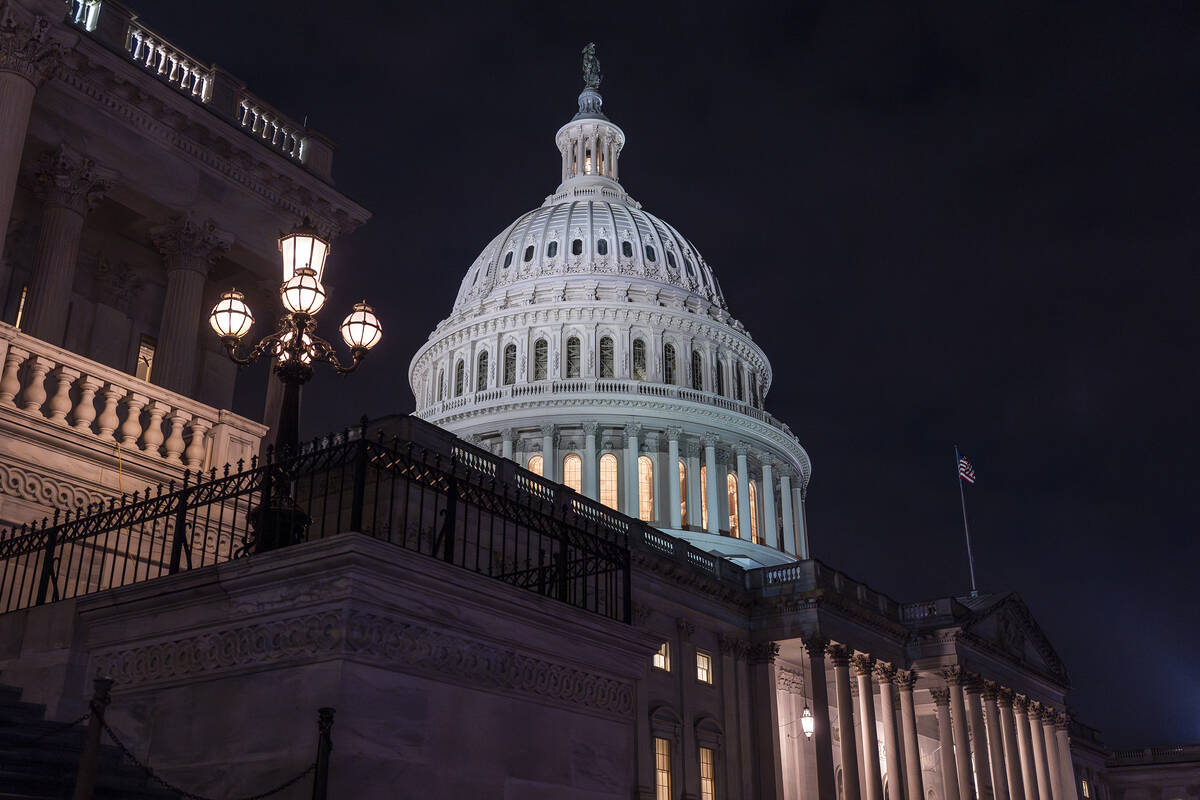EDITORIAL: The national debt is America’s hoarding problem
Even a federal shutdown can’t keep the national debt from continuing to spiral out of control.
The nation’s debt now tops $38 trillion. It’s an unfathomable amount of money, so consider this: Every citizen’s share of that debt is more than $110,000. If you look only at taxpayers, the amount is more than $328,000.
Another way to view this is to compare the size of the deficit to the country’s gross domestic product. In 1980, the ratio was under 35 percent. In 2000, it was 55.5 percent. Today, it tops 120 percent. The United States now spends more on interest payments than on national defense. That’s not a good position in which to be.
Most of the public simply doesn’t care. If they did, our elected officials would take this crisis more seriously. The national debt feels like having a hoarder live in one of your bedrooms. Sure, that room is unpleasant to look at, but you can just close the door and ignore it. Eventually, though, their stuff spreads down the hall and into another bedroom. Then, it’s in the living room, bathroom and kitchen.
Something similar has happened with the debt.
“The Federal Reserve, starting under then-Chairman Alan Greenspan in 1987, learned how to anesthetize the political pain of budget deficits by keeping interest rates artificially low and monetizing debt,” Veronique de Rugy, a contributing editor at Reason magazine, wrote recently. “Politicians concluded that they could borrow endlessly without suffering political consequences.”
This is what progressive modern monetary theorists have urged officials to do. Just like someone making excuses for a hoarder, they downplayed the risk of inflation.
“The problem is that this only works insofar as investors don’t worry that they will be paid back with inflated dollars,” Ms. de Rugy writes. “That illusion has vanished. Interest costs have surged from $372 billion annually just a few years ago to nearly $1 trillion today.”
Now the public is suffering the consequences. Instead of wading through piles of newspapers in the family room, the public faces stubbornly high prices. President Donald Trump has slowed the rate of inflation, but most prices remain higher than in 2019.
Note well that the cause of the deficit is government spending, not insufficient tax collections. In early November 2012, the federal government had collected more than $2.4 trillion in tax revenues. So far this year, it has brought in more than $5.2 trillion.
You can’t fix a hoarding problem by buying a bigger house. You have to stop collecting junk and then throw stuff away. The debt requires a similar approach. To reduce the debt, we must slow spending.

















